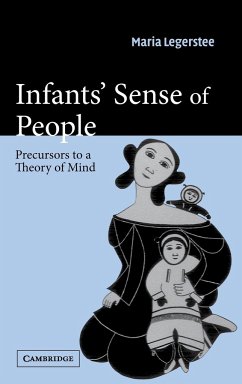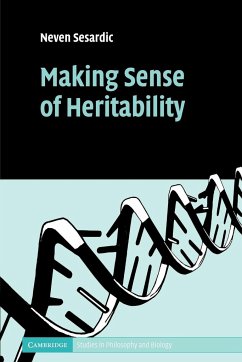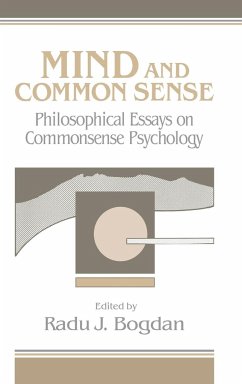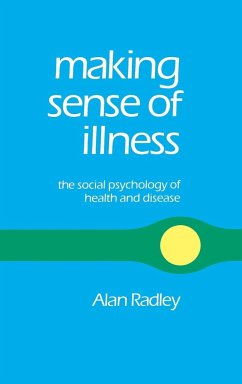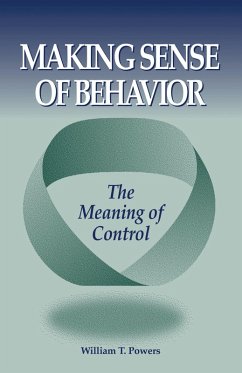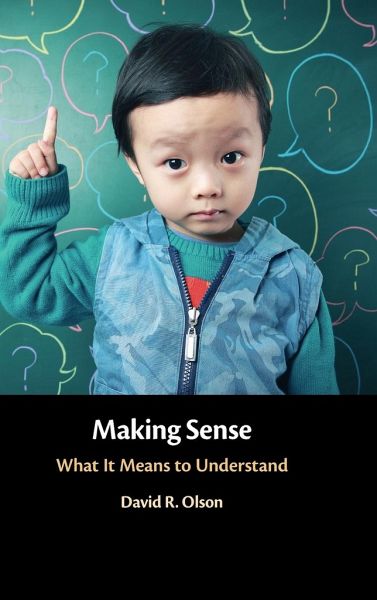
Making Sense
Versandkostenfrei!
Versandfertig in 1-2 Wochen
100,99 €
inkl. MwSt.
Weitere Ausgaben:

PAYBACK Punkte
50 °P sammeln!
"When our daughter Joan was little more than a year old, on a whim I said to her, "Joanie, go get your shoes." To that point, she had never said a word or given any indication of understanding language, so my request was clearly unrealistic. Yet she looked at me briefly, wheeled around, and disappeared down the hallway. Moments later, she returned, shoes in hand and a smile on her face that expressed a pride matched only by that felt by her astonished father. She understood!"--





